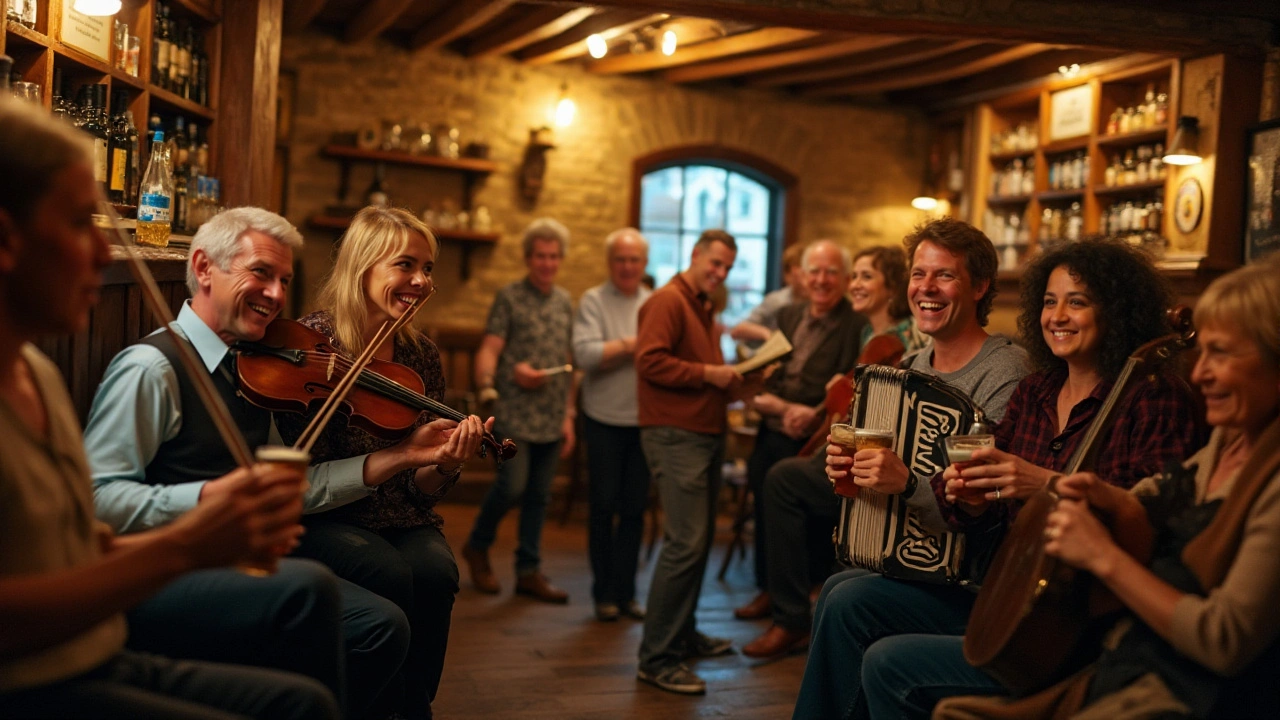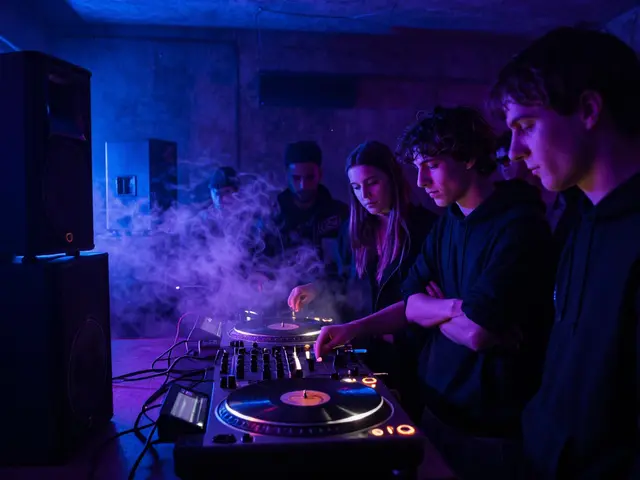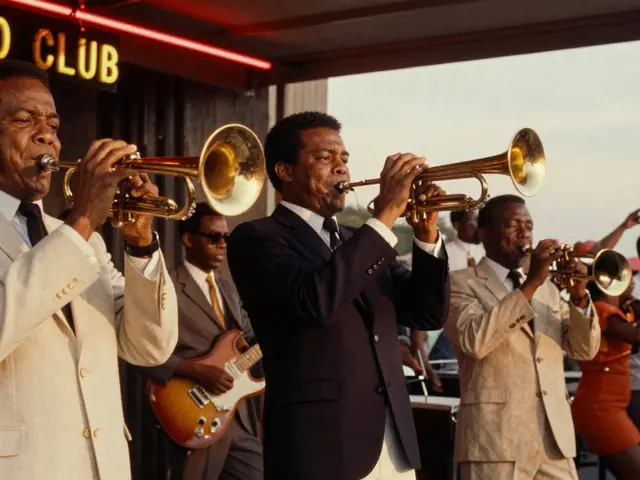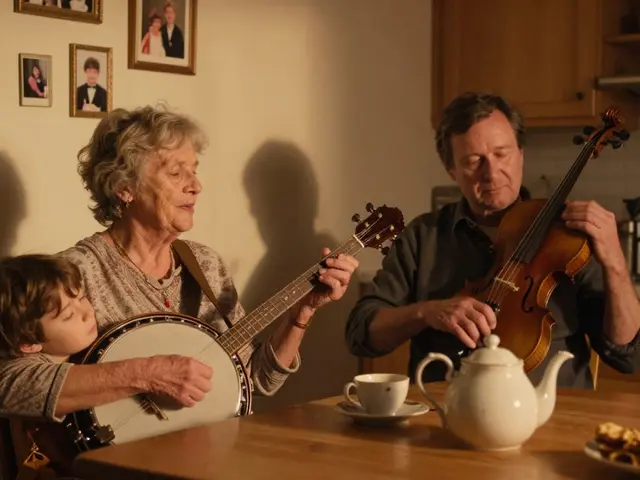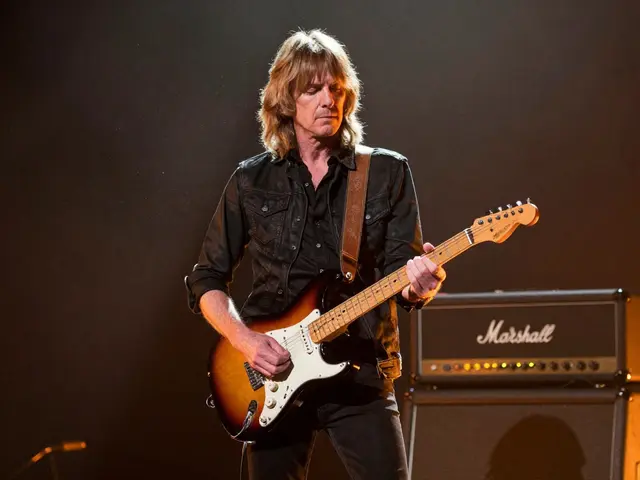Folk music has always been more than just melodies and lyrics. Its true power lies in its ability to weave together the rich fabric of our cultural heritage, passing down stories, traditions, and values from generation to generation.
Throughout history, communities have gathered to share these songs, creating a sense of belonging and unity. Whether through communal singing, local festivals, or informal gatherings, folk music serves as both a bridge to the past and a pathway to stronger social bonds.
In this article, we'll delve into the historical significance of folk music, the communal joy of singing together, the vibrant tapestry of local folk festivals, and practical tips for harnessing the magic of music to foster a tighter-knit community.
- Historical Significance
- Community Singing
- Local Folk Festivals
- Tips for Fostering Togetherness Through Music
Historical Significance
Folk music has deep roots that reach back centuries, touching every corner of the globe. The genre is characterized by its oral tradition, with songs passed down through generations by word of mouth, often with little to no written notation. This method of preservation has enabled communities to keep their cultural heritage and history intact, even through times of great change.
In many cultures, folk songs serve as a form of historical record. Before written history was commonplace, these songs were how people documented significant events, from battles and migrations to everyday life experiences. For example, the British ballads originating from the medieval period tell tales of knights, love, betrayal, and societal norms. These stories provide a window into the life and values of the people at that time.
The significance of folk music extends beyond just the songs themselves. The communal act of singing and sharing music helps foster a sense of unity and identity among community members. In the United States, for instance, African American spirituals and work songs played a crucial role in maintaining a sense of community among slaves, preserving their cultural identity and providing a form of solace in their hardship.
One cannot overlook the impact of folk music in political movements as well. Songs like Bob Dylan's 'Blowin' in the Wind' and Pete Seeger's 'We Shall Overcome' became anthems of the Civil Rights Movement, galvanizing crowds and providing a voice for change. These songs did not just entertain; they inspired action and solidarity, demonstrating the power of music as a tool for social change.
Moreover, in regions like Eastern Europe, folk music has been a vehicle for preserving languages and dialects that might otherwise vanish. Take for instance the rich tradition of Gaelic folk songs in Scotland and Ireland, which have helped keep the Gaelic language alive. This preservation of language through music ensures that not only the words are remembered, but also the unique perspectives and stories of the people who spoke them.
"Folk music is the map of our hearts; it tells us where we come from and where we are going." – Alan Lomax
In our modern world, while the methods of sharing and recording music have evolved, the essence and power of folk music in building communities remains unwavering. Local bands and musicians continue to draw on folk traditions, blending them with contemporary styles to create a musical tapestry that honors the past while remaining relevant to the present. These modern interpretations still serve the fundamental purpose of bringing people together, just as they did centuries ago.
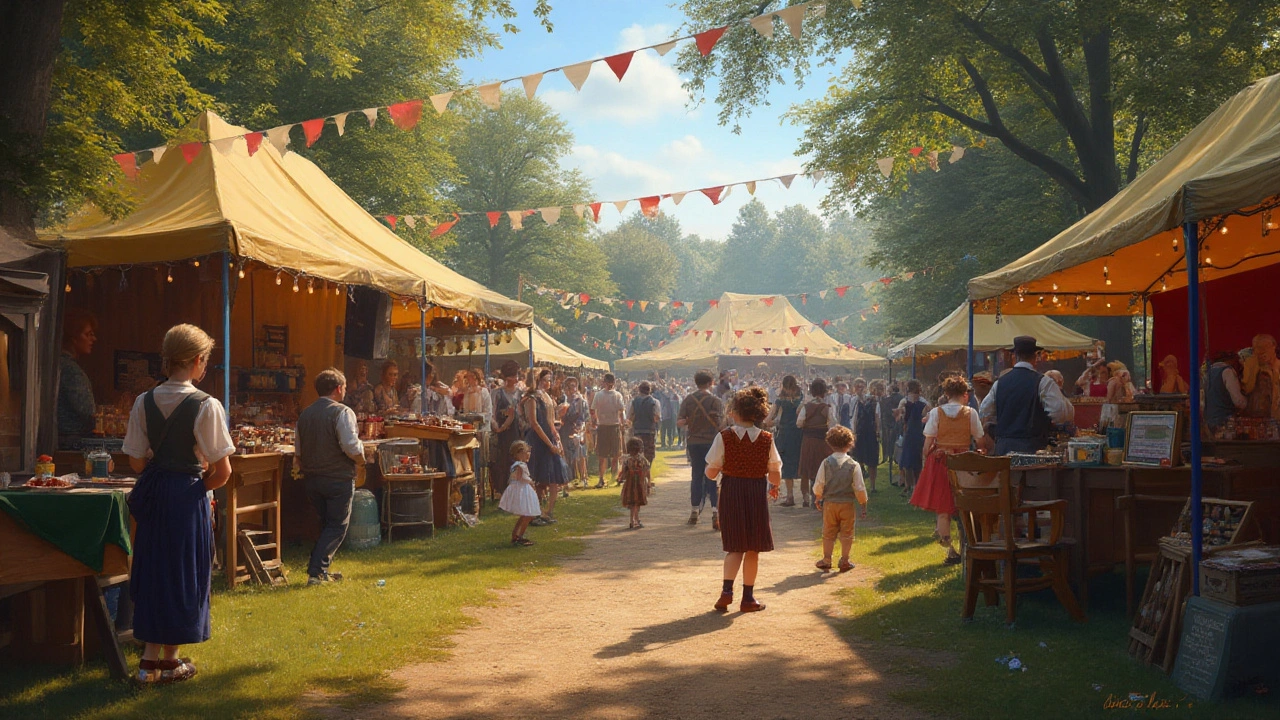
Community Singing
Community singing has long been a cornerstone of human connection, transcending boundaries of age, culture, and social status. The act of gathering together to sing songs that have been passed down through generations creates a shared experience that bonds individuals and reinforces social cohesion. It's an ancient practice, seen in many cultures around the world, that fosters a sense of unity and belonging.
One of the most remarkable elements of community singing is its ability to include everyone, regardless of musical skill. Unlike more formal musical performances, community singing doesn't demand technical proficiency. What matters is participation and the collective voices joining as one. This inclusivity is critical in building strong, interconnected communities.
Studies show that community singing has tangible health benefits too. According to research from the University of Oxford, singing in a group releases endorphins, the brain's 'feel-good' chemicals, and can lead to a greater sense of happiness and well-being. It can reduce stress levels and even improve physical health. There's something deeply therapeutic about joining your voice with others and feeling the collective energy.
Consider the simple act of singing traditional folk songs. These songs often carry the history and values of a community. By singing them together, people not only keep their cultural heritage alive but also create an emotional connection with it. For example, in Australia, many Aboriginal communities use songlines—songs that map out routes across the land and tell the stories of that landscape. These songs are crucial for passing down knowledge and maintaining cultural ties.
“Music brings people together. So do good food and drink and a bit of fun. I've been able to unite people in a way that I've never been able to do through politics.” — Bono
Besides cultural significance, community singing often acts as a local gathering initiative, bringing people out of their homes and into communal spaces. Whether it's a weekly choir rehearsal, a neighborhood sing-along, or a spontaneous gathering at a park, these events build social networks. They give individuals a sense of belonging and create opportunities for forming friendships.
This sense of community is palpable during local folk festivals. Singers and musicians come together to celebrate their heritage, each performance telling a story and reinforcing communal ties. The impact of these events resonates beyond the festival grounds, often inspiring new groups to form and perpetuate the joy of community singing. In this way, the simple act of coming together to sing folk music can have a ripple effect, strengthening the social fabric of a community.
Moreover, there are many ways to foster community singing in your area. One effective approach is to start a local singing group or community choir focused on folk music. You don't need professional training to do this. Begin with familiar and beloved folk songs, and encourage participation from all age groups. Another idea is to host regular sing-along events at community centers or parks. These can be informal and low-pressure, making them accessible to everyone.
Whether you're a seasoned musician or a casual music lover, the power of folk music and community singing in bringing people together cannot be understated. It's a practice rooted in our collective human experience, one that builds bridges between individuals and strengthens the sense of belonging. So why not gather your neighbors for a sing-along and experience the joy of community singing yourself? You might be surprised at how profoundly it can enrich your life and your community.
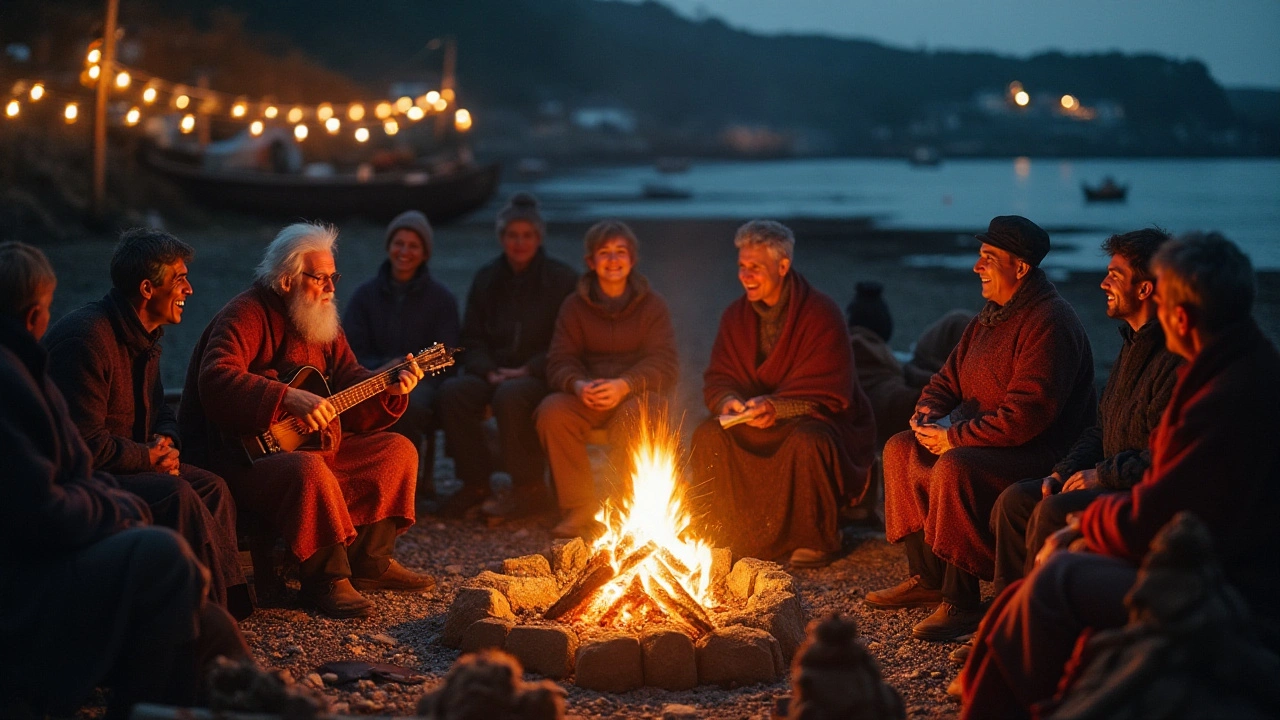
Local Folk Festivals
In many parts of the world, local folk festivals are the heartbeat of communities, offering a mesmerizing blend of music, dance, and storytelling. These events are not just about entertainment; they serve as a powerful reminder of our shared heritage, bringing people together in celebration of cultural diversity.
One of the most renowned folk festivals is the National Folk Festival in Canberra, which attracts thousands of attendees each year. This grand event showcases a variety of folk traditions from Australia and beyond, featuring everything from Indigenous music to Celtic tunes. Such festivals create an atmosphere where people from various backgrounds come together to share their unique artistic expressions.
The sense of community at these festivals is palpable. Attendees often engage in communal singing, dancing, and even impromptu performances. It's not just the music that binds them but also the shared experience of creating, listening, and enjoying art together. This communal aspect is vital for strengthening social bonds and fostering a sense of unity.
A study by the University of Sheffield found that communal singing, such as that experienced at folk festivals, significantly improves mental health and well-being. This isn't surprising considering the joy and connection people feel when they come together to sing songs that resonate with their collective history and shared experiences.
Local businesses also benefit greatly from these festivals. Vendors selling traditional crafts, foods, and beverages set up stalls, creating a vibrant marketplace that boosts the local economy. The influx of visitors offers a financial lifeline to many small businesses, proving that the cultural and economic impacts of folk festivals are deeply interconnected.
Moreover, these festivals provide an invaluable platform for emerging artists. Many talented musicians get their start performing at local folk events, gaining exposure and honing their craft. For instance, Paul Kelly, a staple in Australian music, has often credited folk festivals for giving him the stage to develop his early career.
“Folk festivals are the lifeblood of our music community. They offer a rare blend of tradition and innovation, where we can both preserve our heritage and explore new artistic territories.” – Paul Kelly
One fascinating aspect of these gatherings is how they celebrate the folk traditions of various cultures, making them inclusive and enriching. You might dance to a Spanish Flamenco tune one moment and join a Scottish Ceilidh the next. This rich tapestry of cultural expressions makes local folk festivals not just a celebration of music but a celebration of humanity.
For those looking to deepen their involvement, volunteering at a local folk festival can be a rewarding experience. Volunteers often gain a behind-the-scenes look at what it takes to run such a successful event, from organizing performances to setting up stages. This active participation not only enhances one's appreciation for the festival but also strengthens the sense of community.
Folk music has the unique ability to bring together diverse groups of people, fostering connections that might otherwise never be made. These local festivals are a testament to the enduring power of music in building and maintaining strong communities.
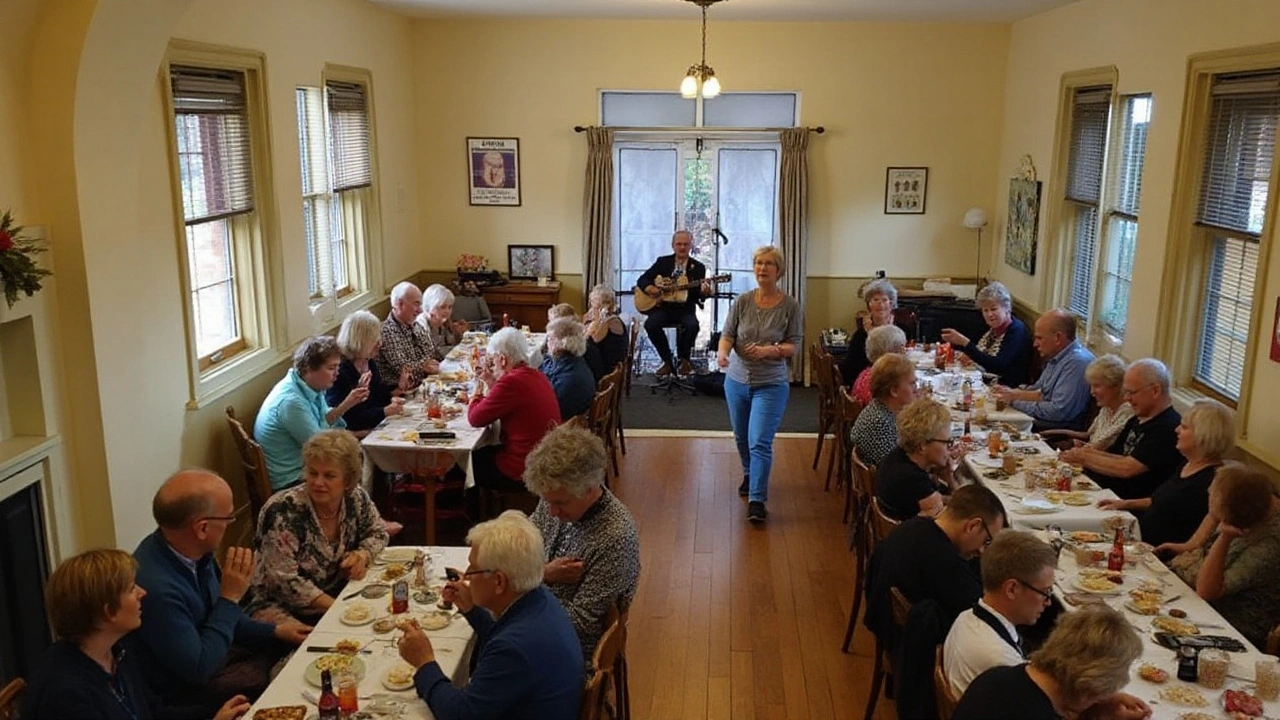
Tips for Fostering Togetherness Through Music
Folk music has the magical ability to bring people together, transcending boundaries of age, background, and culture. Here are several tips to harness this power to build a stronger community.
Organize Community Singing Events
One of the simplest ways to connect people is by organizing community singing events. Whether it's in a local park or community center, gathering people to sing traditional folk songs can cultivate a sense of unity. Choose songs that are easy to learn and sing along with, ensuring that everyone, regardless of their musical ability, can participate.
Studies show that community singing can reduce stress and create a sense of well-being among participants. According to Dr. Julene K. Johnson of the University of California,

